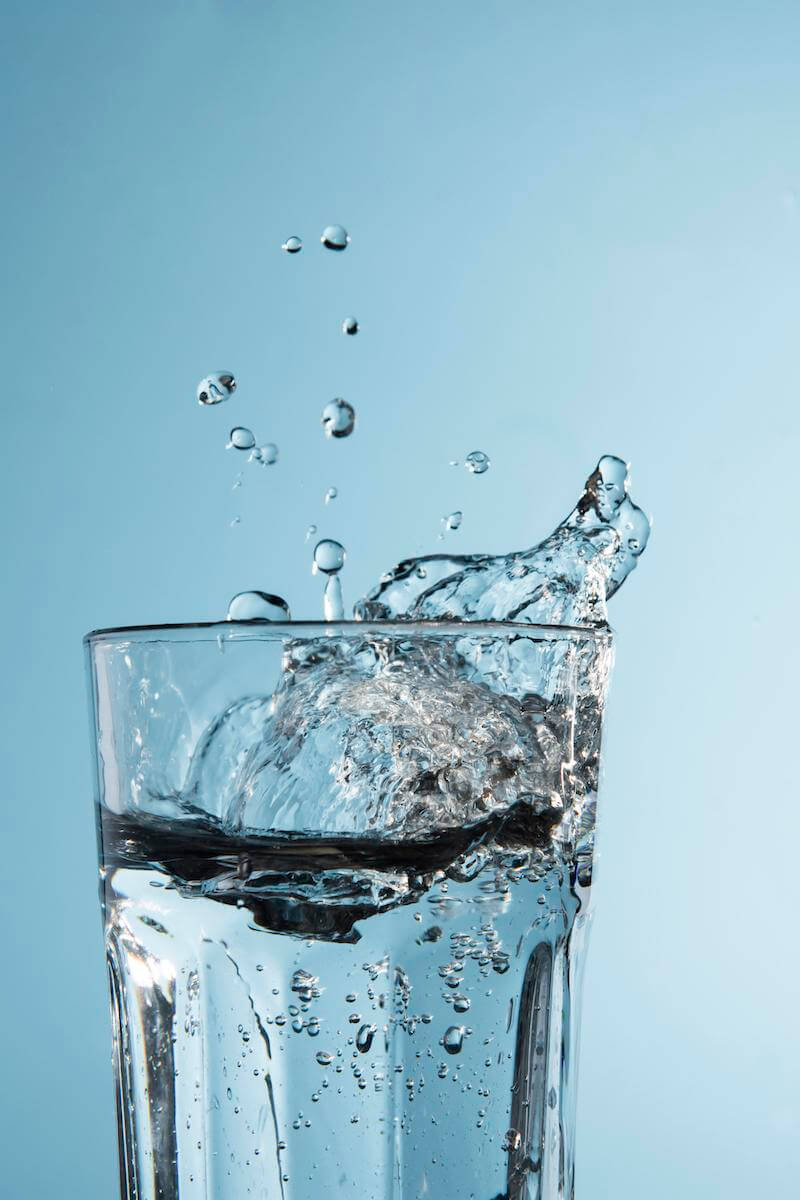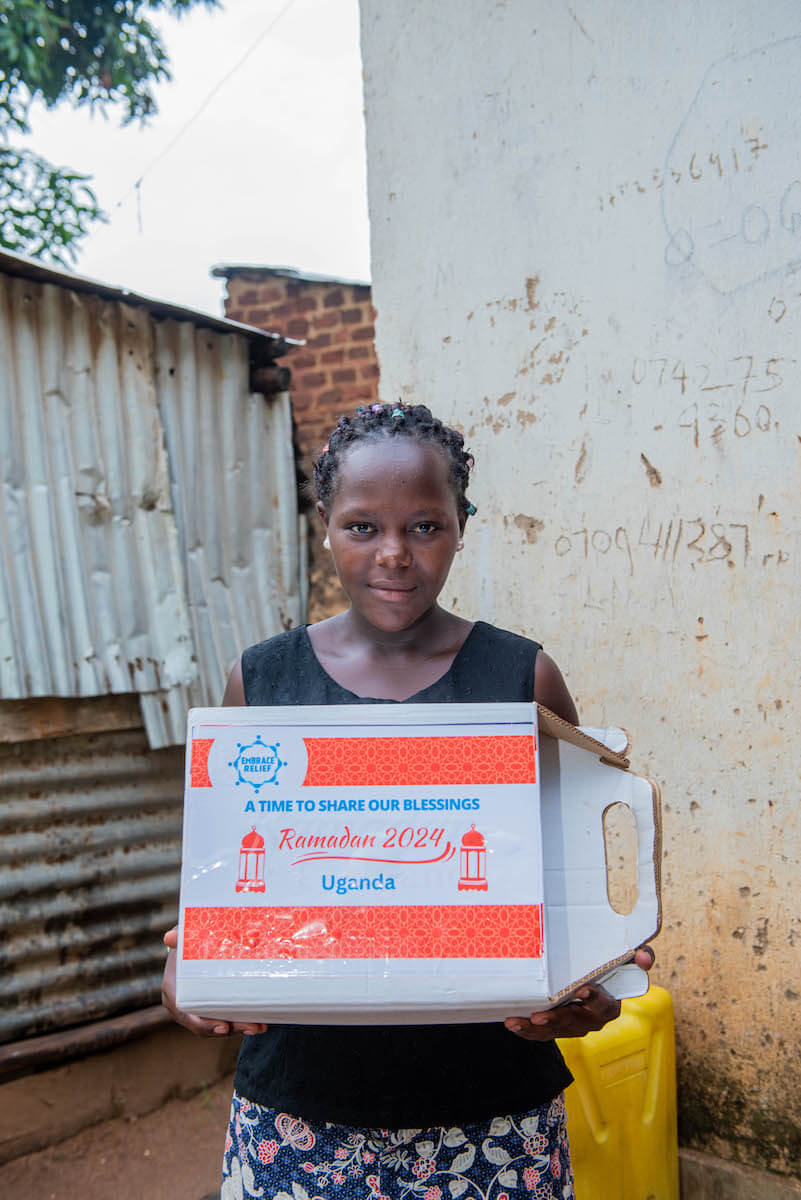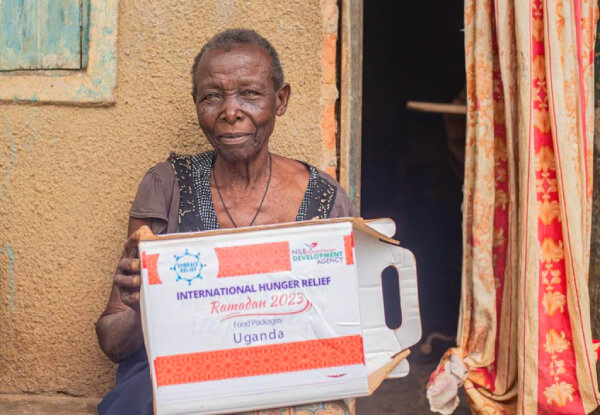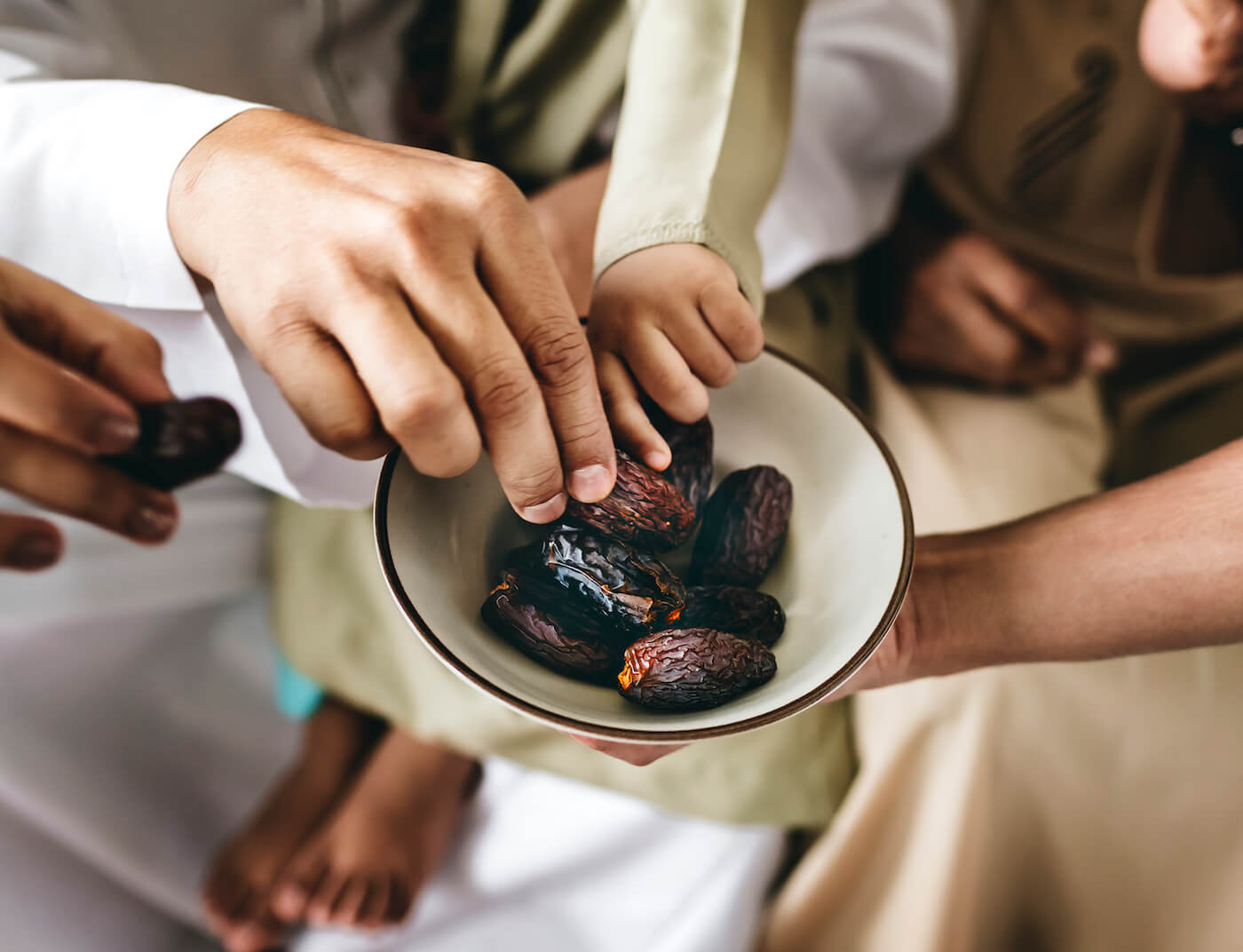Introduction
Ramadan, a month of reflection, prayer, and fasting from dawn until dusk, presents a unique opportunity to focus on spiritual growth and physical health. Embrace Relief is dedicated to ensuring that everyone, especially those in vulnerable communities, has access to the resources they need to observe a healthy and fulfilling Ramadan. This guide offers expert nutritional advice for Suhoor and Iftar and highlights how you can extend your support to those in need.
Hydration: The Cornerstone of a Healthy Fast
Staying hydrated is paramount during Ramadan. The human body can endure hours without food, but not without water. Aim to consume at least 2 liters (about 8-10 glasses) of water between Iftar and Suhoor. Infuse your water with slices of lemon, cucumber, or mint for added flavor and nutritional benefits.
Nutritional Balance in Suhoor
Suhoor should provide long-lasting energy. Incorporate complex carbohydrates like whole grains, along with proteins such as eggs or yogurt, to keep you satiated. Don’t overlook the importance of:
- Fiber: Foods like oats, beans, and lentils can aid digestion and prevent constipation.
- Vitamins and Minerals: Incorporate a variety of fruits and vegetables. Vitamin C (found in citrus fruits) can boost immunity, while potassium (in bananas and avocados) helps maintain electrolyte balance.
- Healthy Fats: Nuts, seeds, and avocados contribute to sustained energy levels and aid in the absorption of vitamins.

Energizing Iftar Meals
Breaking your fast with dates is a nutritious tradition, providing immediate energy and essential nutrients. Your Iftar meal should replenish energy without overwhelming the digestive system:
- Start Light: Begin with a warm soup to hydrate and prepare your stomach for more substantial foods.
- Protein-Packed Main Course: Grilled or baked fish, chicken, or lean meat with a side of whole grains and vegetables ensures a balanced intake of iron, zinc, and B vitamins.
- Antioxidant-Rich Fruits: Conclude with fruits like berries, pomegranates, or oranges for a sweet, nutritious end to your meal.
Avoiding Common Pitfalls
It’s easy to indulge in deep-fried treats or sugary sweets, but these can lead to energy crashes and dehydration. Opt for grilled, baked, or steamed versions of your favorite dishes and choose natural sweets like fruits or dates to satisfy sugar cravings.

Support Nutritional Relief with Embrace Relief
While we cherish the blessings of healthy meals this Ramadan, it’s vital to remember those who face malnutrition daily. Embrace Relief’s International Hunger Relief program aims to provide life-saving, nutritional food packages to families in Africa and beyond, ensuring they too can observe Ramadan with dignity and health. By donating, you’re not just contributing to immediate relief – you will be supporting sustainable health and nutrition solutions for the most vulnerable.
Click here to visit our International Hunger Relief: Ramadan 2025 to learn how your contributions can make a difference this holy month.
A healthy Ramadan is about more than just physical well-being; it’s a time to nourish the soul and extend compassion to those in need. By following these nutritional guidelines and supporting Embrace Relief’s mission, you can make this Ramadan truly impactful.






















